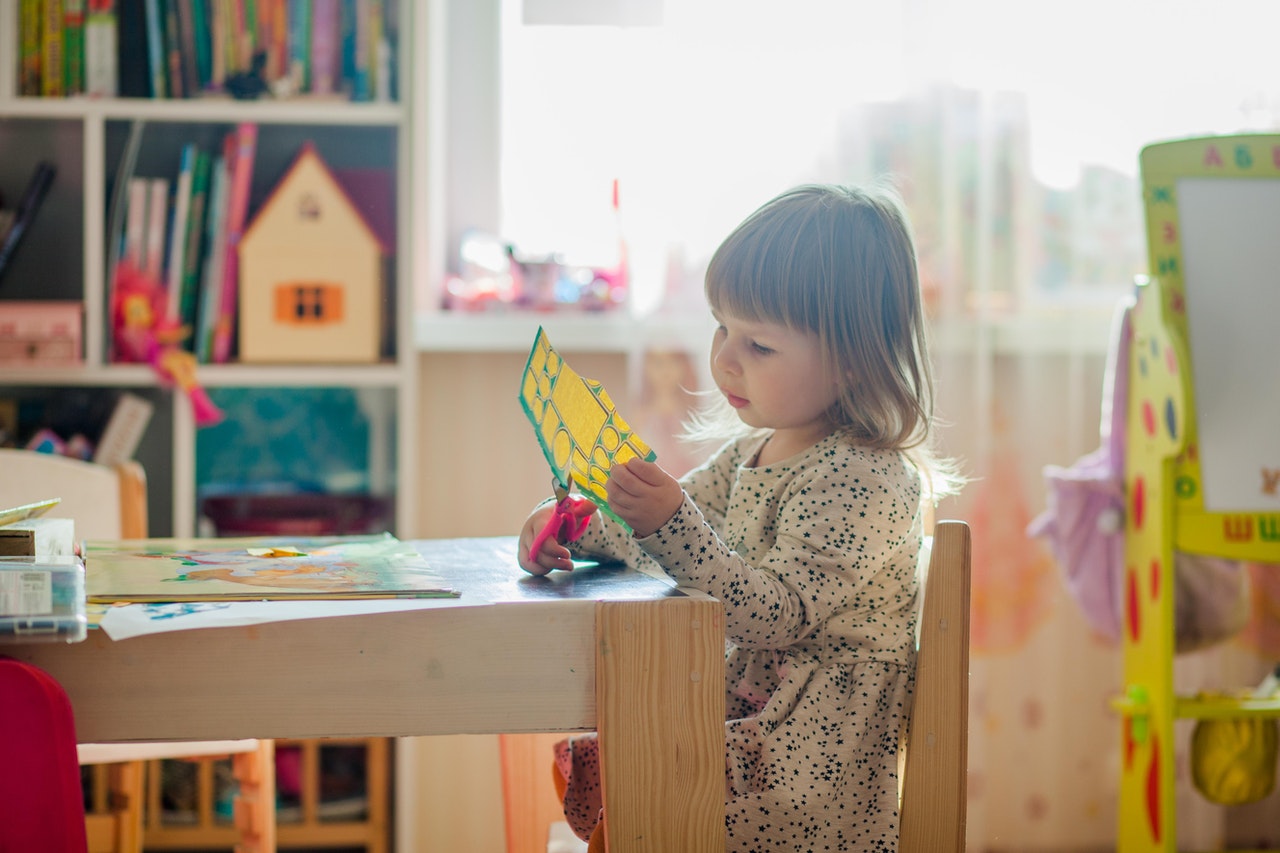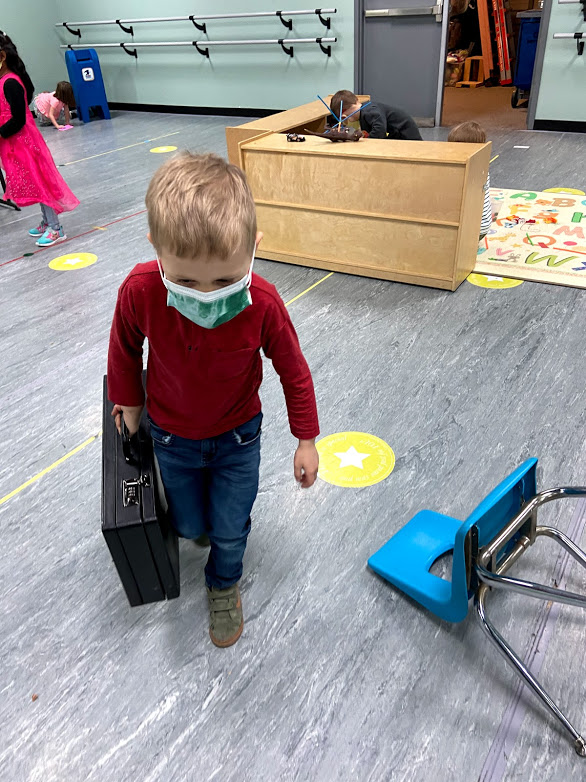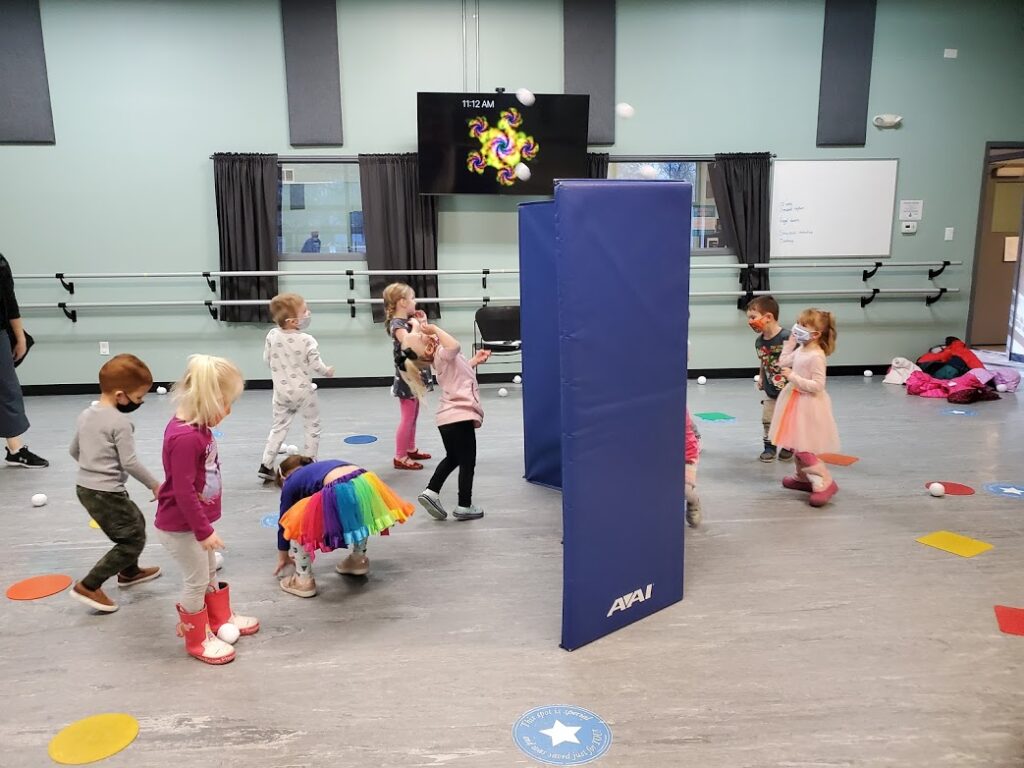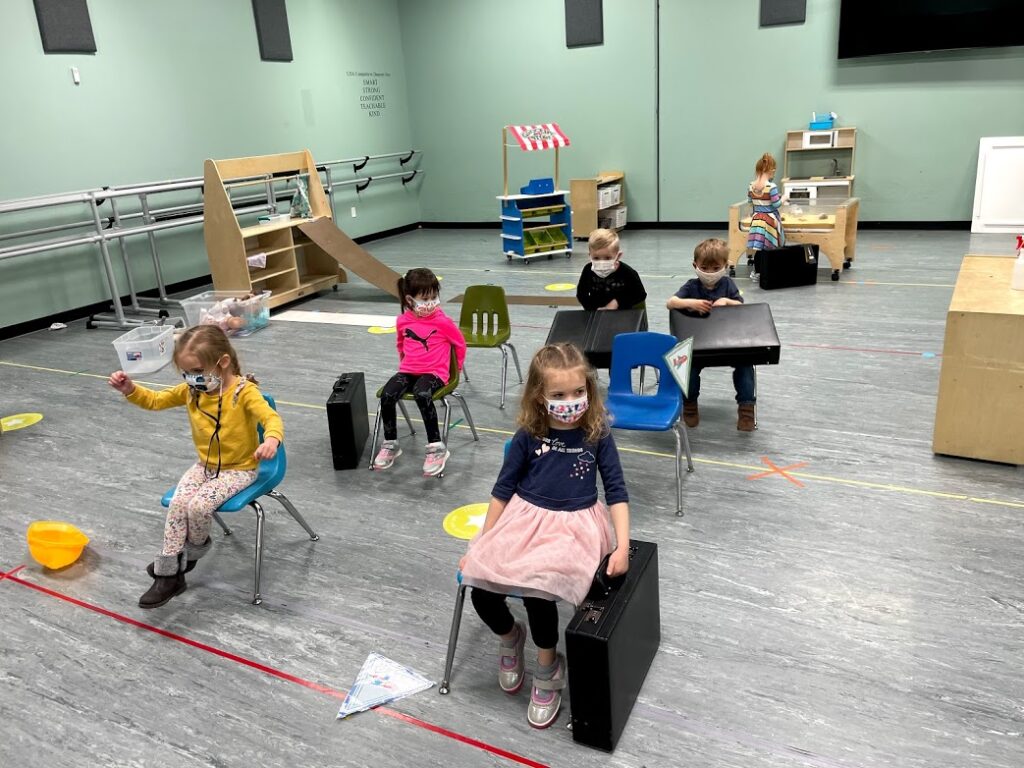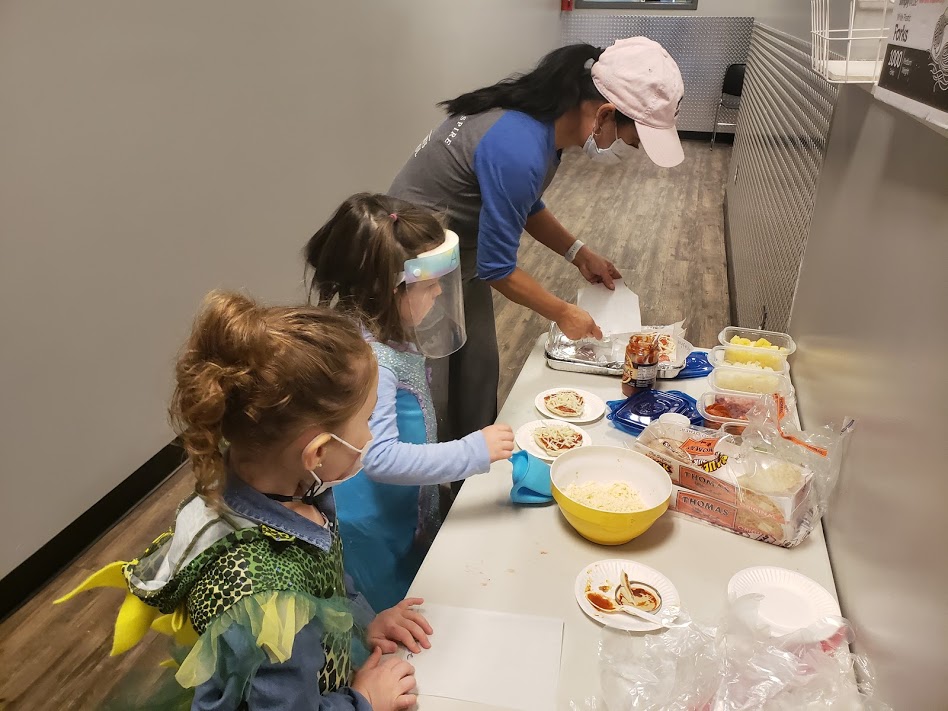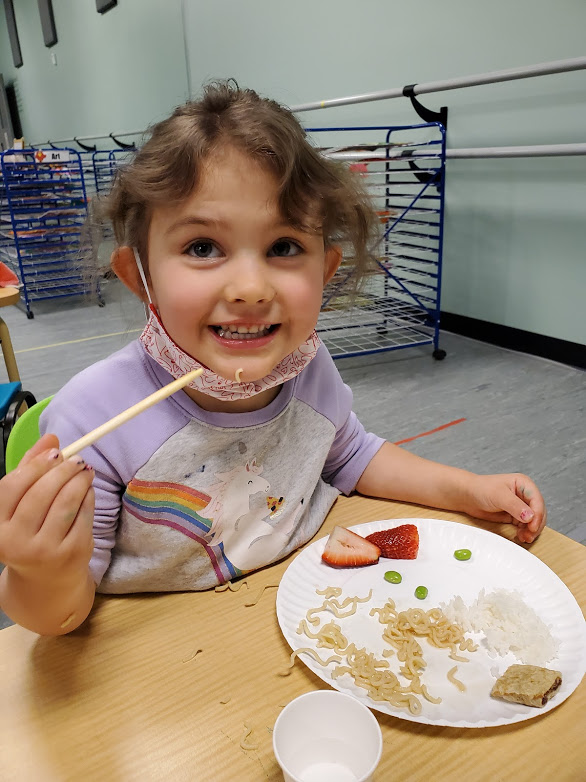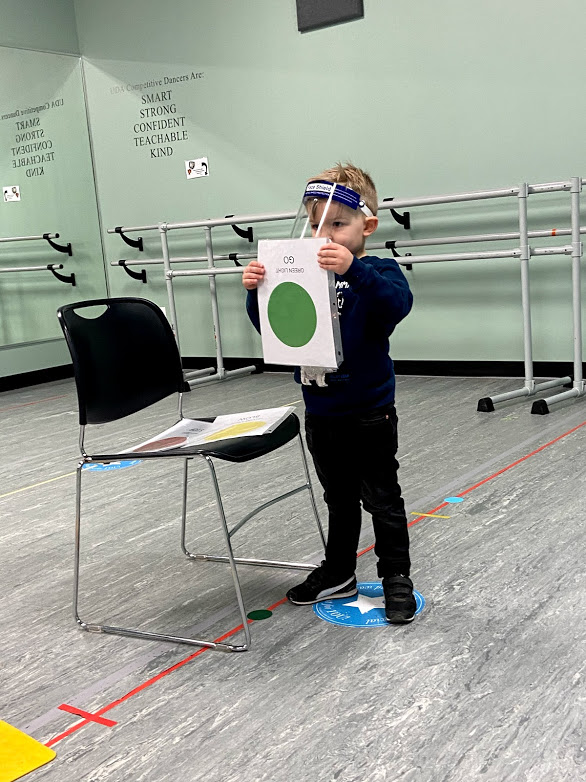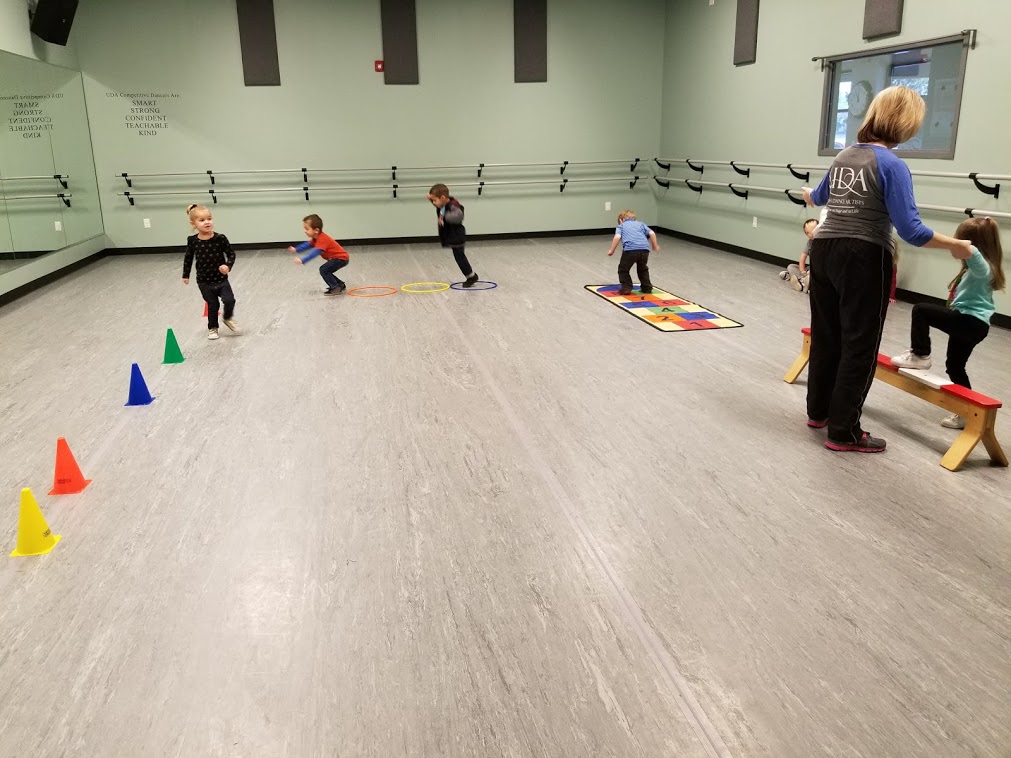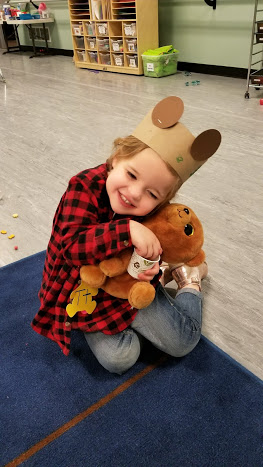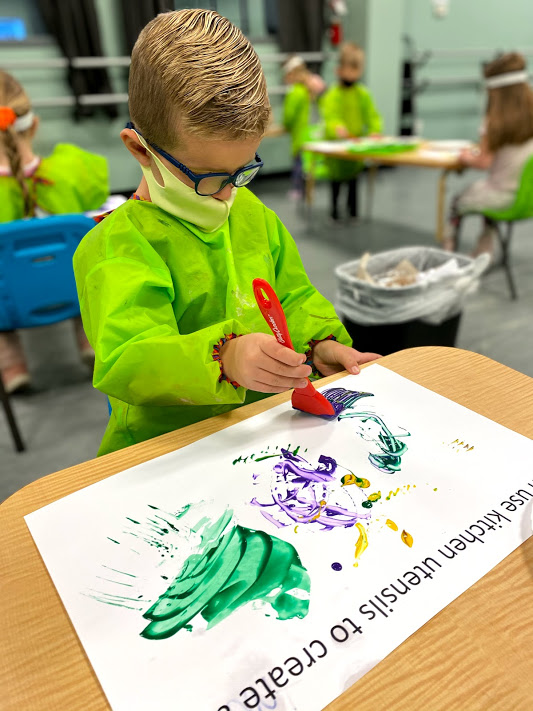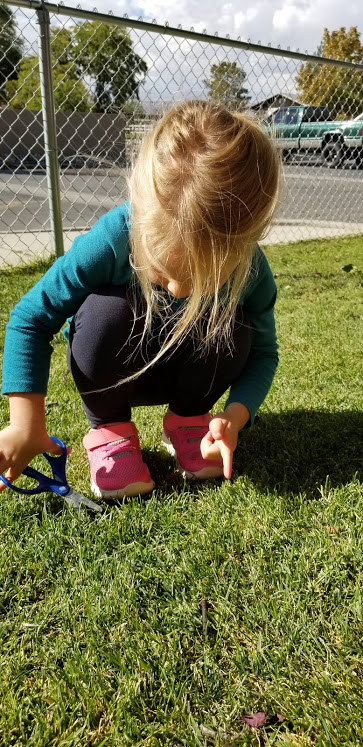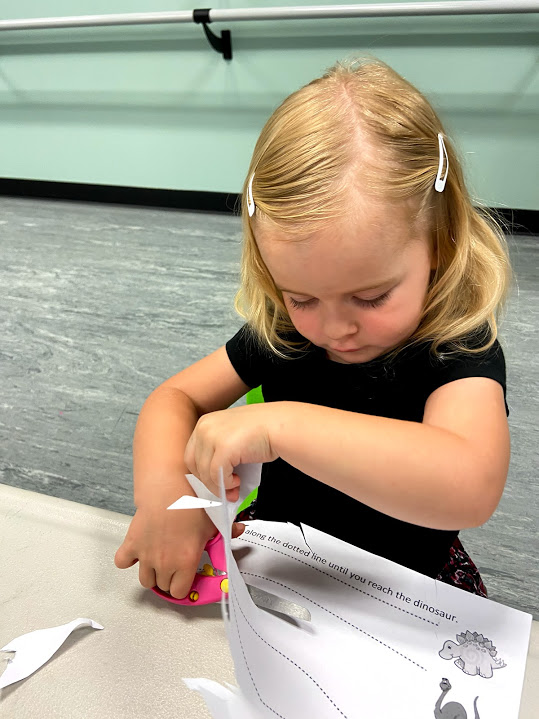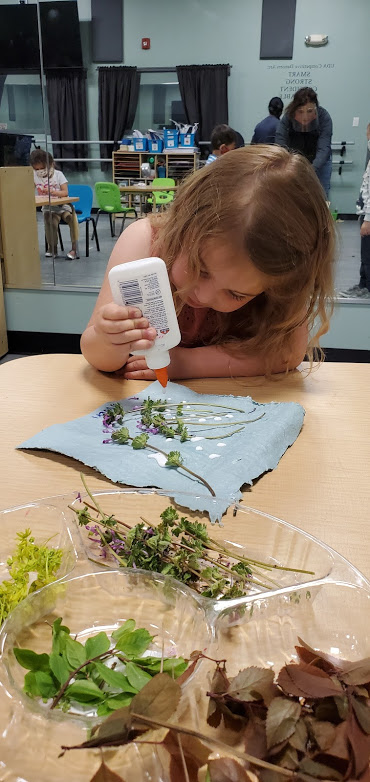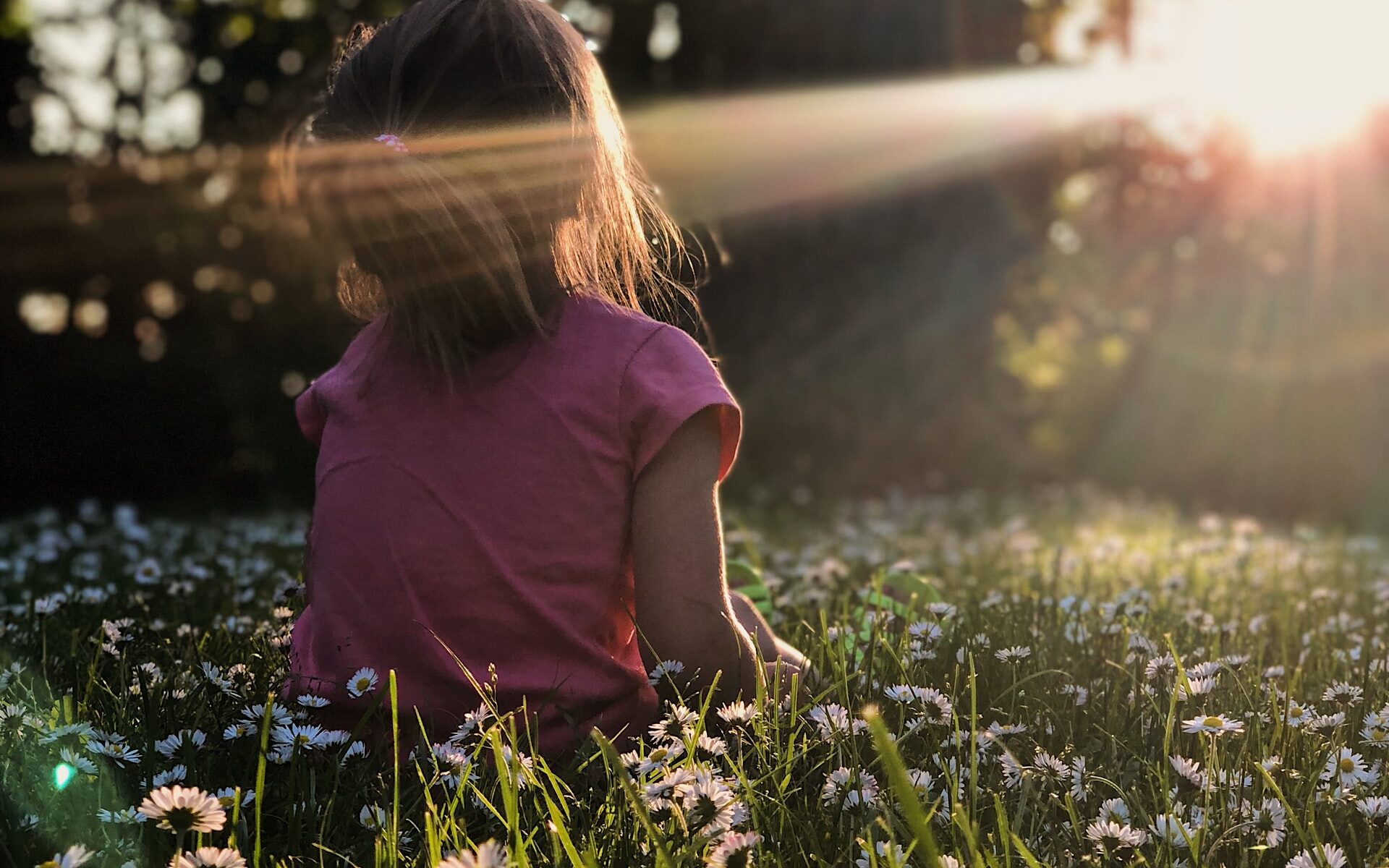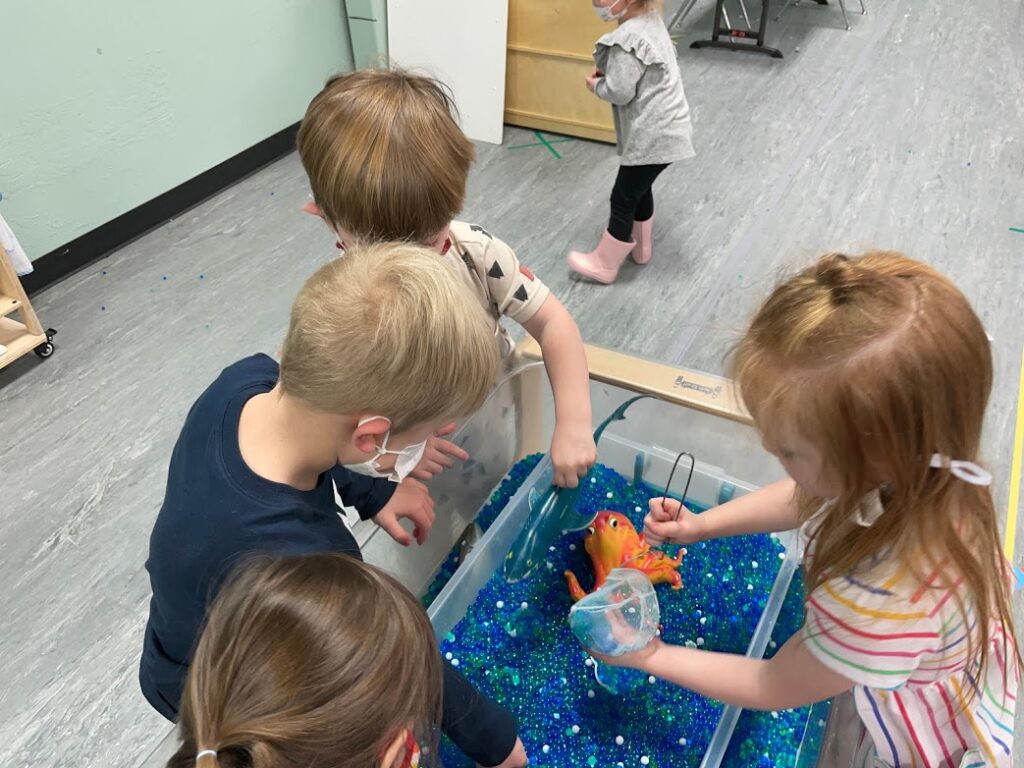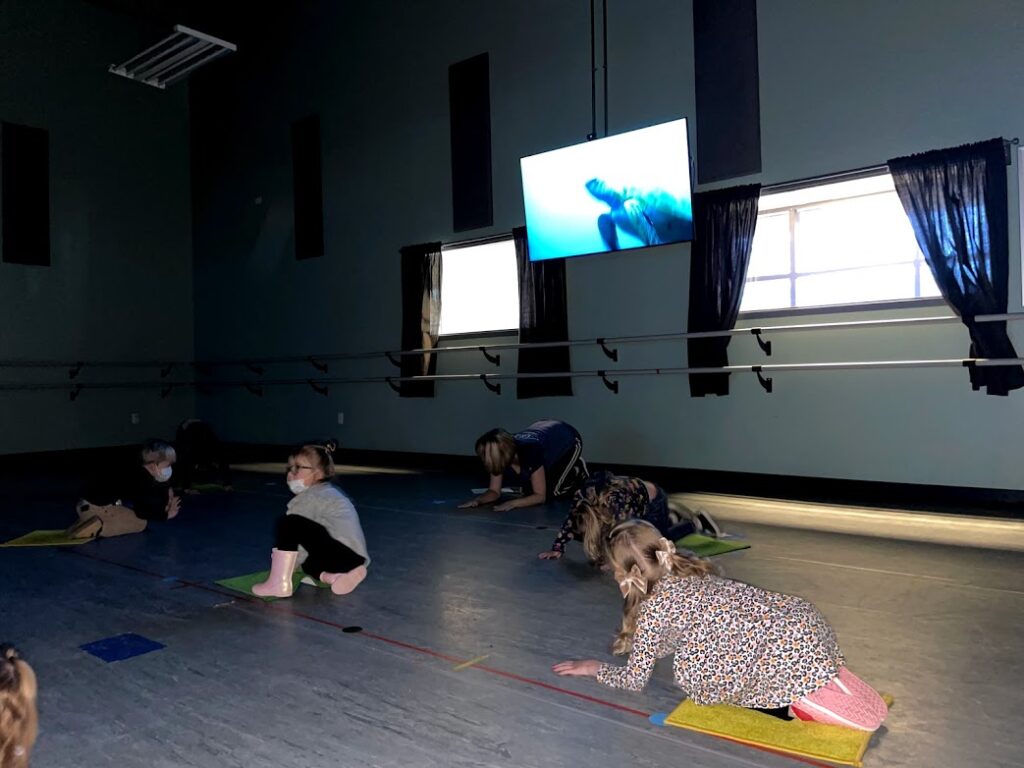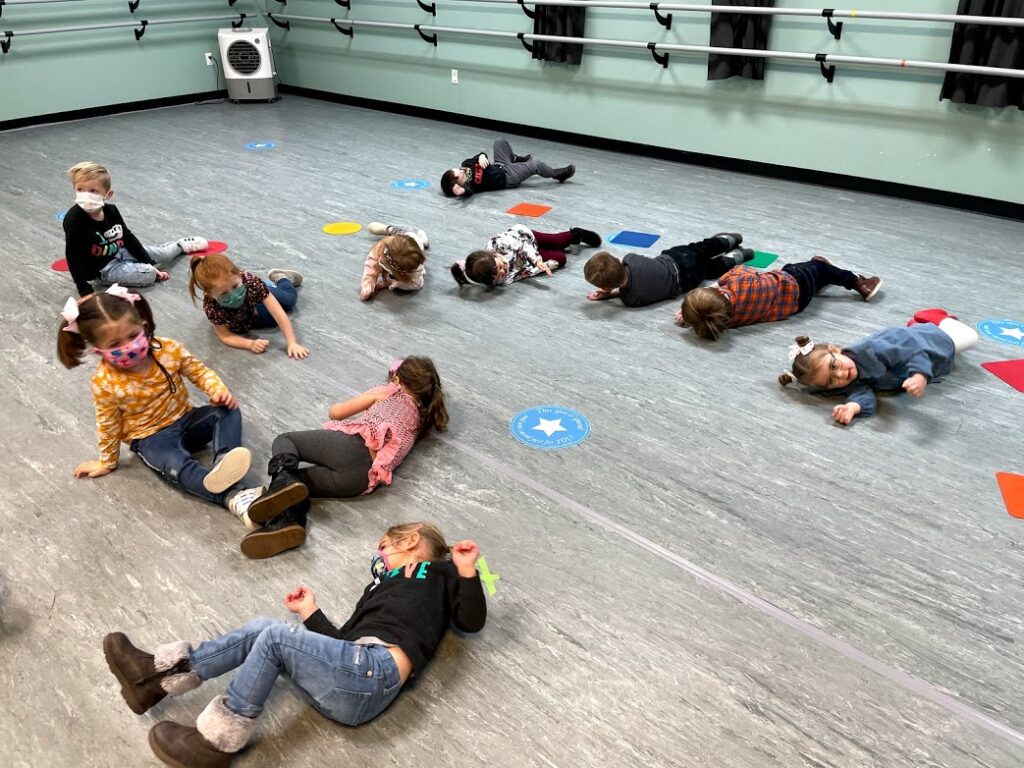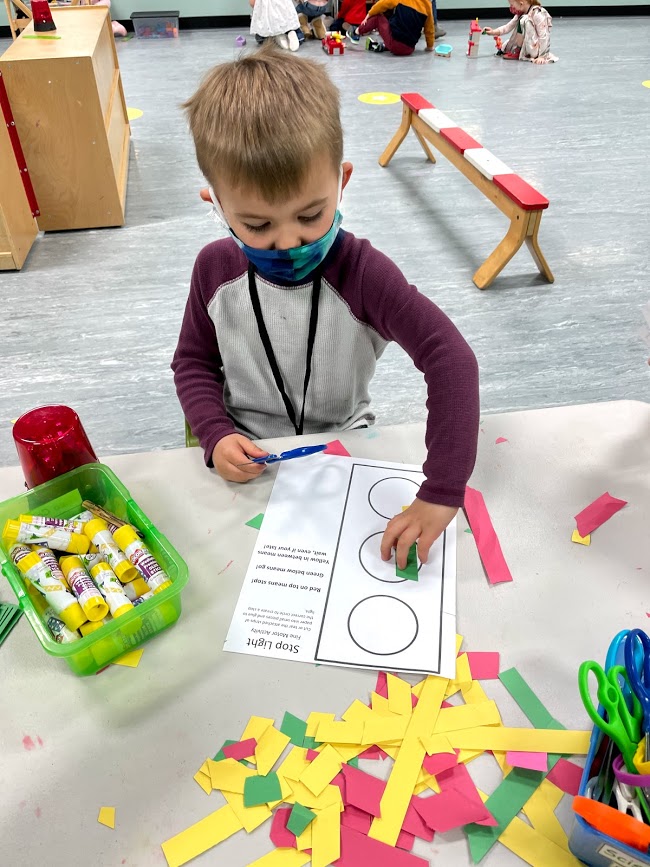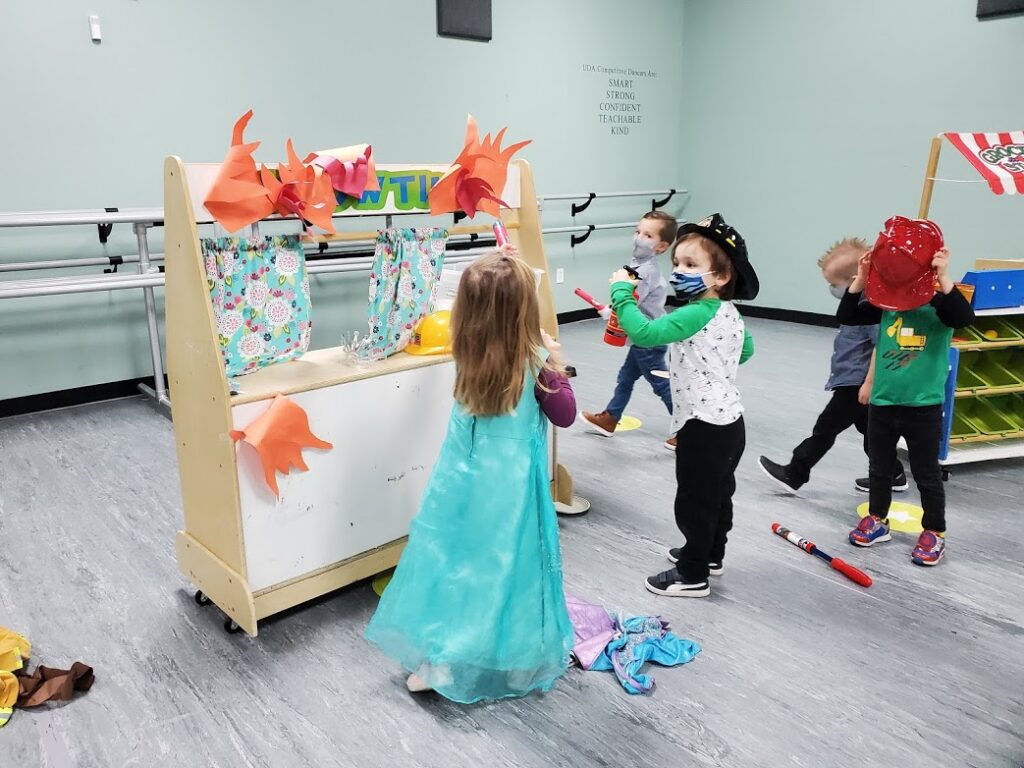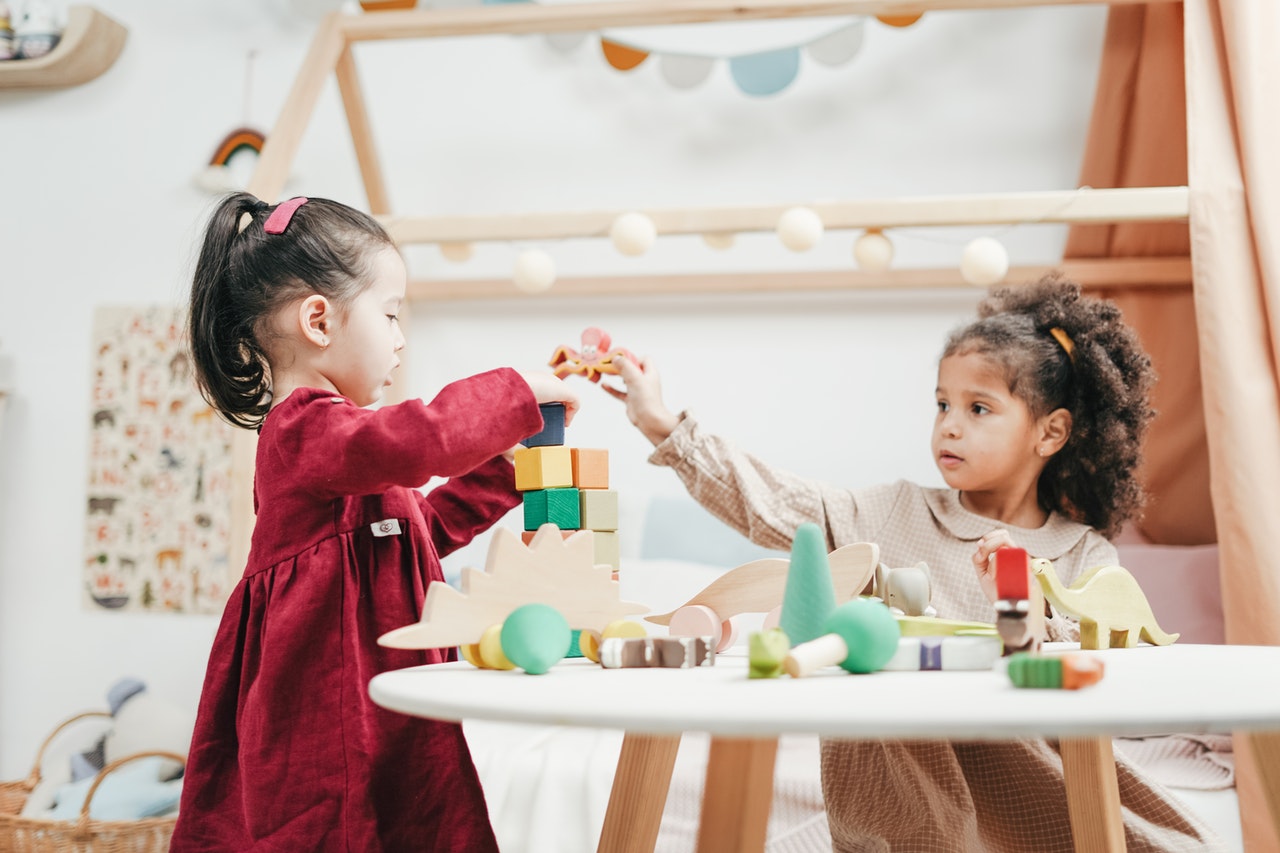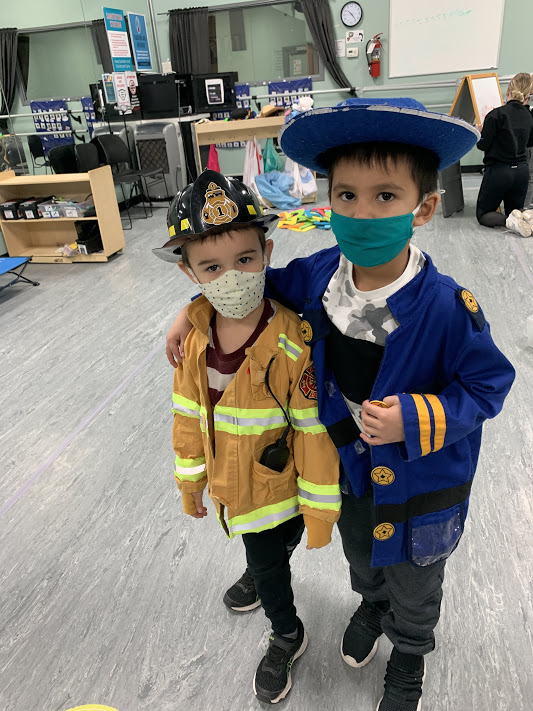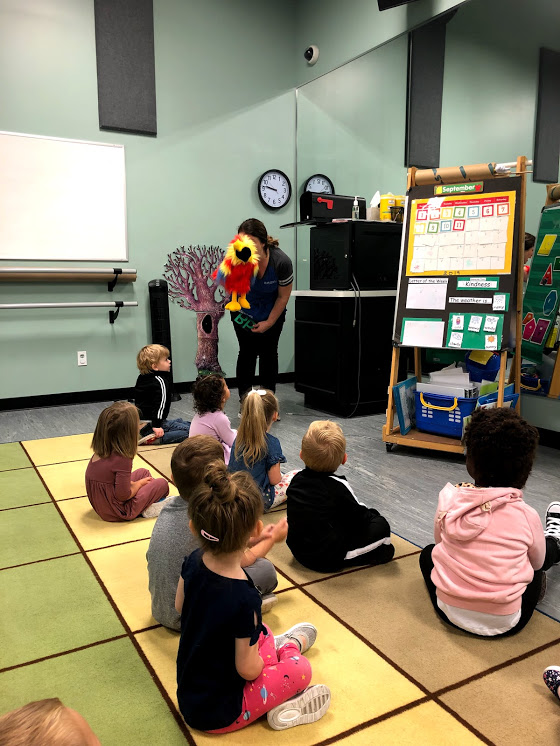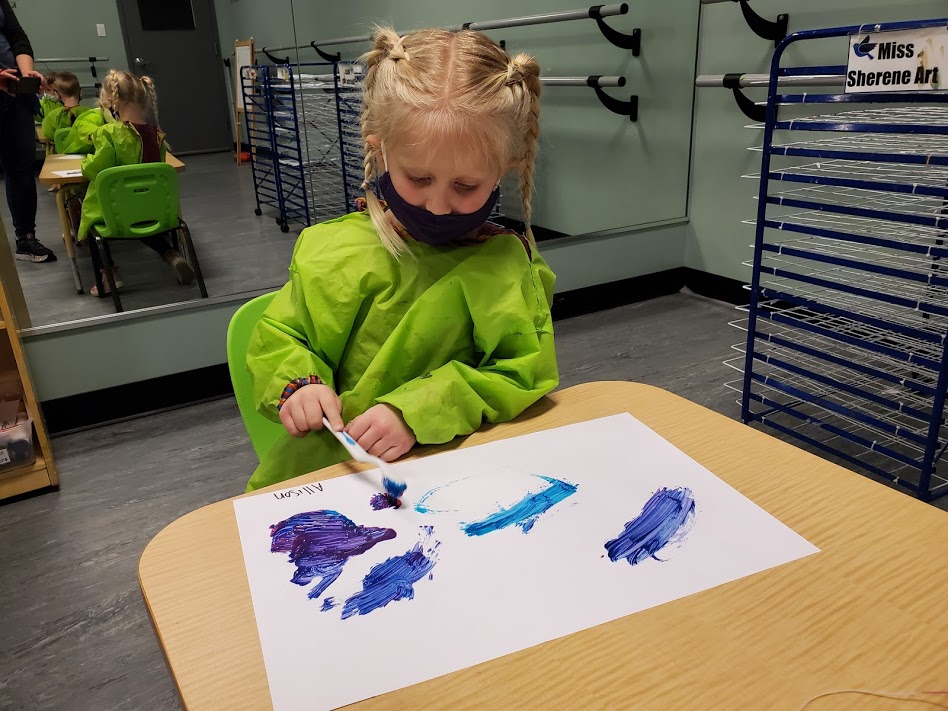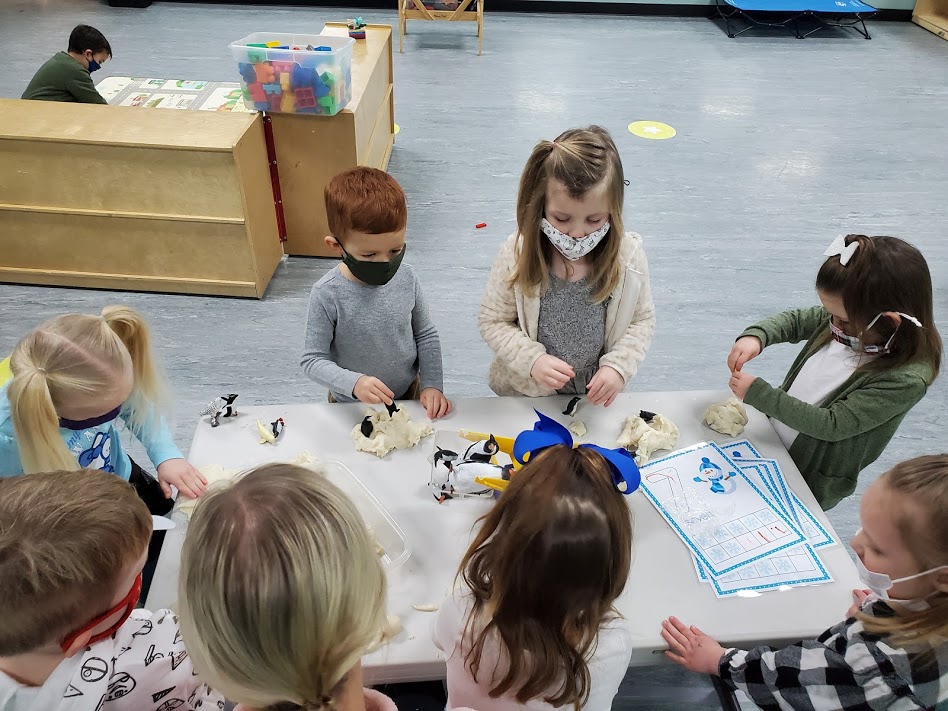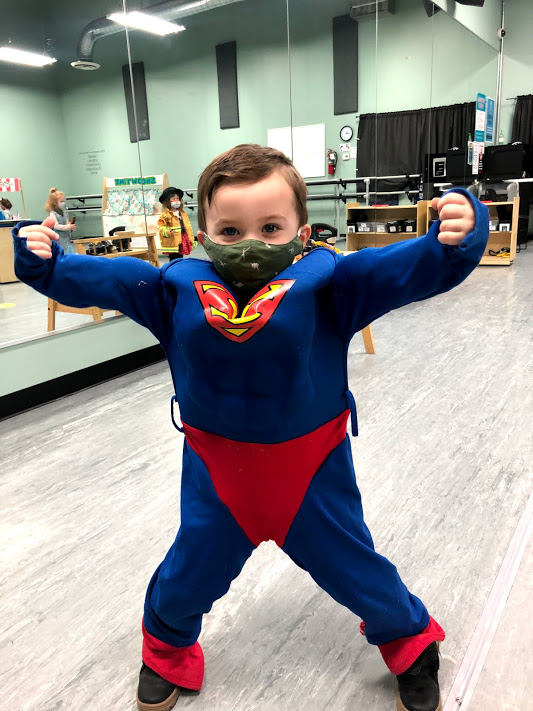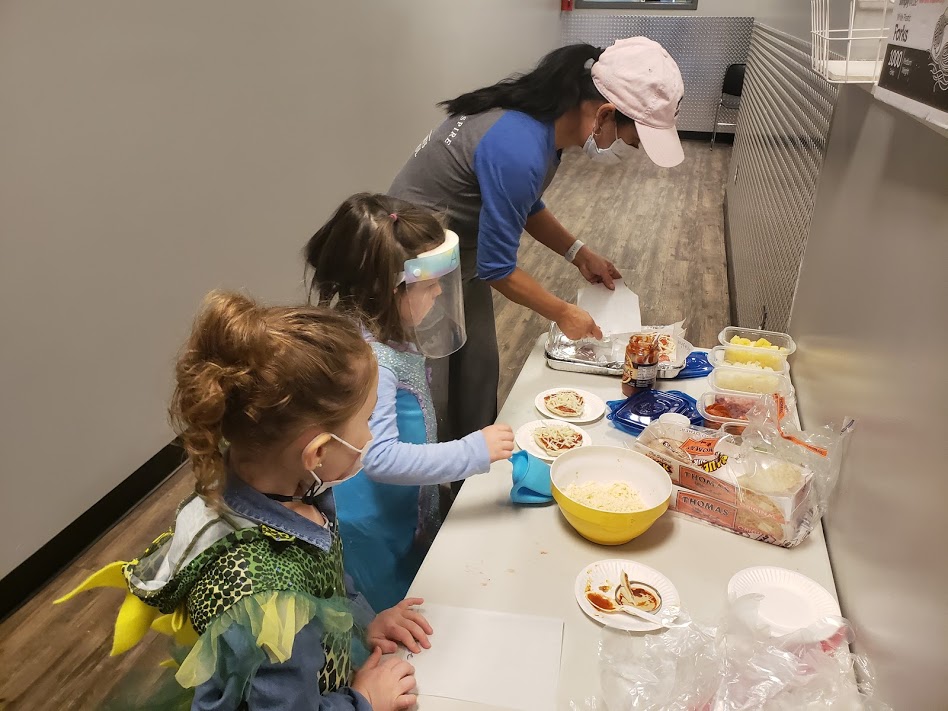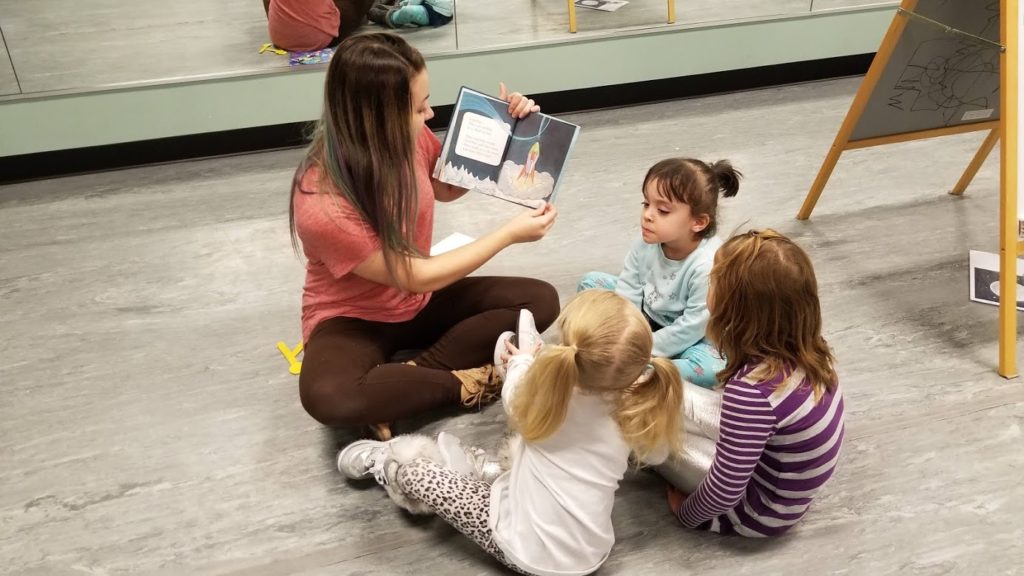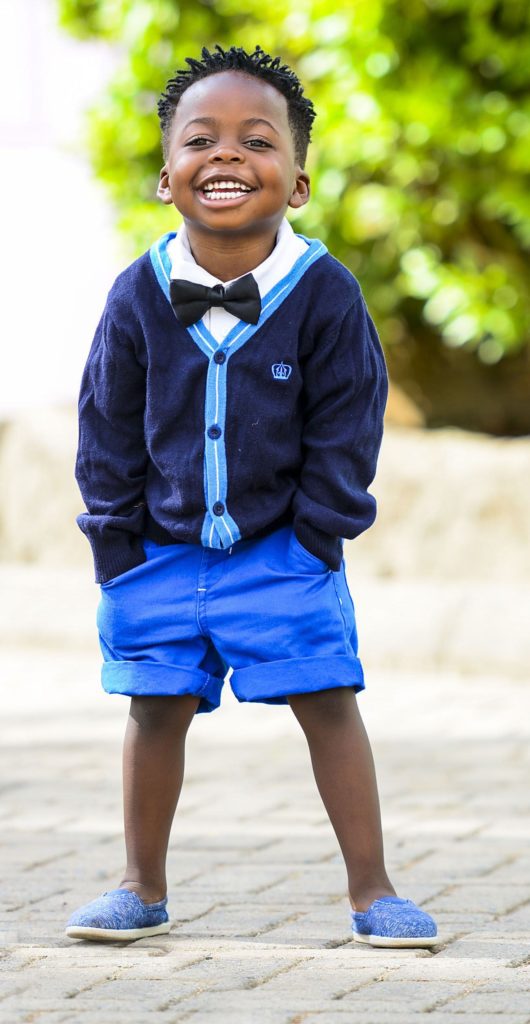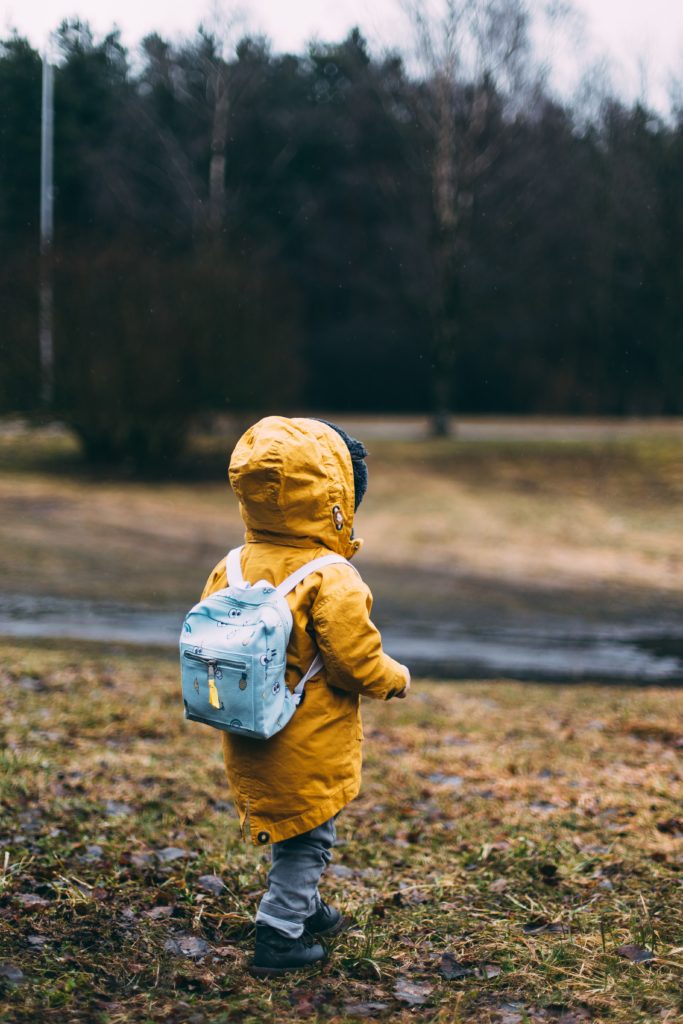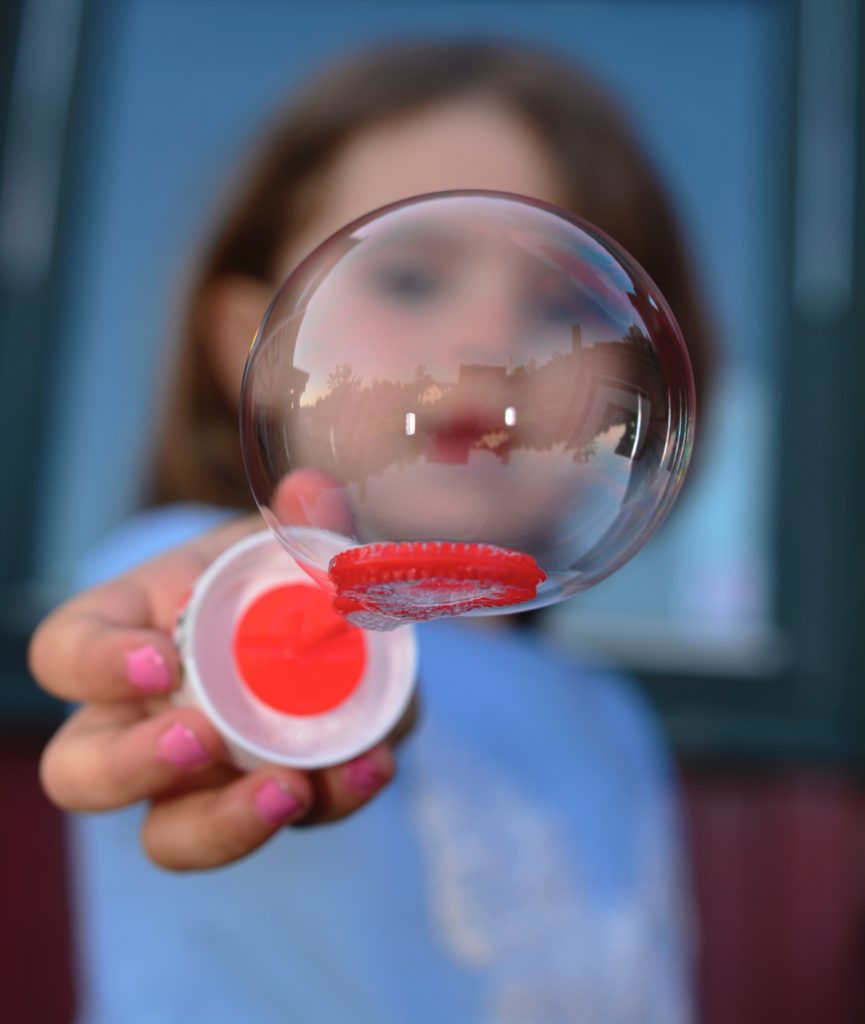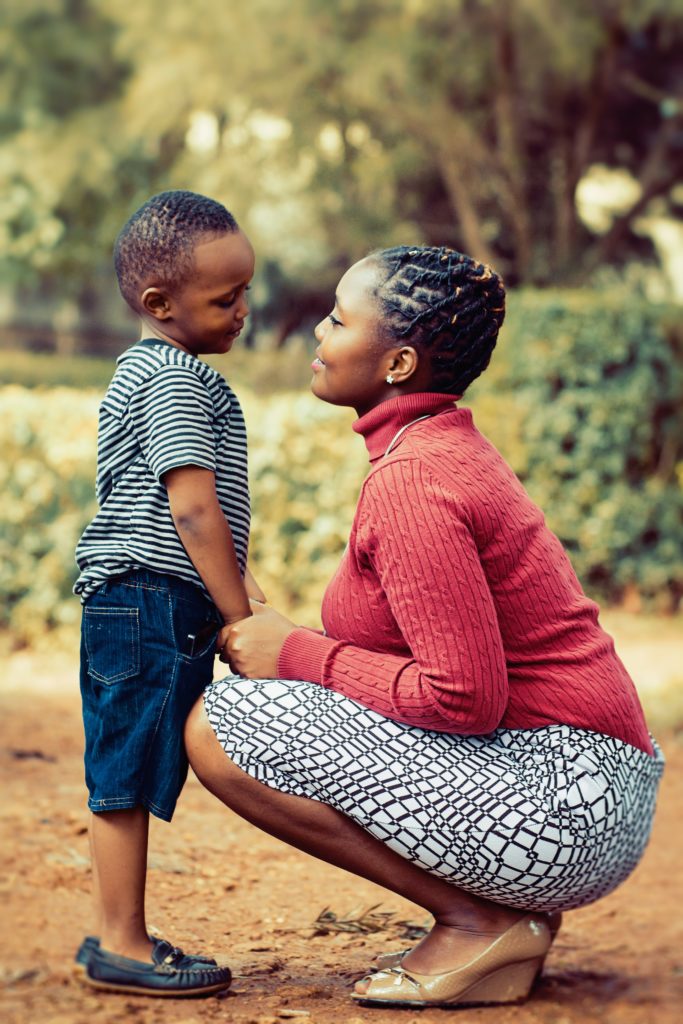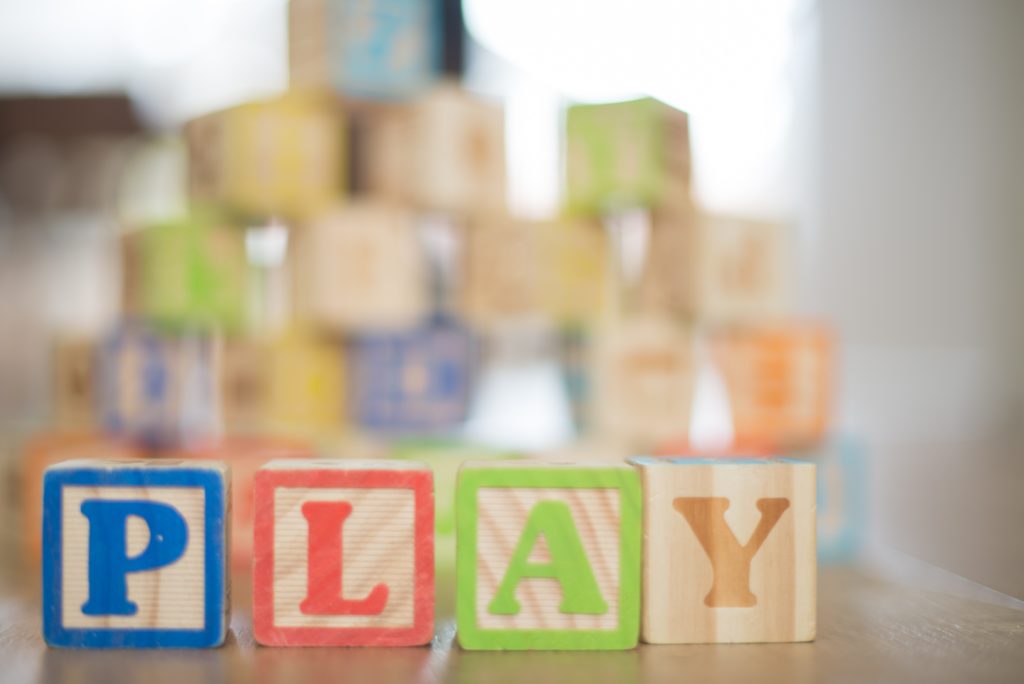You’re not alone if preschool behavior sometimes feels baffling. One minute, your 3-year-old is playing peacefully with a few toys at the table. The next, she’s running around the room in a fury, dumping every single toy onto the floor.
Why do preschoolers do this? And why do they struggle with the many other challenging behaviors that make you want to pull your hair out?
Rest assured that there is a developmental reason for challenging preschool behavior. Knowing that your child’s frustrating actions are actually evidence that they are right on track with their growth can be helpful.
Meltdowns
It’s time for bed and your 4-year-old falls to the ground crying, refusing to make a move in the direction of their bedroom. Or you give your 3-year-old a snack on the purple plate, and they scream and cry because they wanted the green plate.
Familiar?
What’s Going on: It’s normal. Your child is still getting a handle on their emotions. When things don’t go as they planned, they don’t always have the ability to take that disappointment in stride. Knowing this can help you avoid the urge to moralize their behavior. They aren’t “bad,” “naughty,” “selfish,” or “bratty.” They’re simply a child having a hard time in the moment.
What You Can Do: Show empathy. Hug your child or get near (if they’ll let you) and tell them you’re sorry things aren’t going the way they want. “You really wish you had the green plate, don’t you?”
Remember: This isn’t a time to reason with them. Fight the urge to use logic. It would be tempting to say, “But your favorite color is purple!” Or, “But you’re still getting a sandwich. It doesn’t matter what color the plate is.” But that logic won’t help in this moment. Your child’s brain is flooded with big emotions, and they simply need love, understanding, and connection to calm down.
Once your child’s big emotions have minimized, you can offer a suggestion or ask if your child has a suggestion. “Would you like me to set the purple plate aside for dinner time?” Or, “What would help you feel better about the plate?”
Messes Galore!
You just finished cleaning the playroom when your 3-year-old comes and dumps the blocks all over the room. There doesn’t seem to be any rhyme or reason to it; your child is just making a huge mess!
What’s Going on: Young children want to explore their world. They do this through their senses. The more senses they can use, the better! (That’s why we include multisensory learning in our curriculum.) This is actually a sign that your child feels safe in their environment.
What You Can Do: That doesn’t mean you have to give your house over to your child’s whims, however. Making messes is a great way to learn how to clean up!
First, create an environment where you child can safely explore. Keep non-breakable items at their level. Designate a cupboard or drawer at their height that is filled with things that won’t break (the Tupperware drawer or kids’ dishes drawer, for example). Let them play freely with these items and other toys around the house.
When they are done playing, guide them to clean up. Make clean-up time connected by cleaning up right along with them, make it fun by singing a song, or make it exciting by trying to beat the clock. Additionally, make it easy by storing toys in see-through containers.
Saying No
“NO!” Preschoolers may still be learning how to pronounce the cat’s name, but they absolutely excel in saying no. And when they say it in most of your interactions, that word can get old… fast.
What’s Going on: Again, your preschooler is right on track, developmentally. Preschoolers are learning independence and autonomy, and it’s important for them to express their opinions.
What You Can Do: Let your child know you hear their opinion and that it matters to you. “You don’t want to leave the park, do you?” “You want candy instead of soup for lunch, don’t you?”
Next, give a simple explanation and a choice. “It’s time for dinner and we have to get home. Would you like to go down the slide one more time or two more times?” “Candy doesn’t have the important vitamins we need for lunch, but it’s a great treat. Would you like to have some after your snack or after dinner?”
At UDA Creative Arts Preschool, we teach character traits like patience, kindness, empathy, and more to help children build on their developing skills. We also provide a learning environment in which children can learn through their interactions with others. Learn more about our curriculum and play-based learning. Call us at (801) 523-5930 for a tour.

